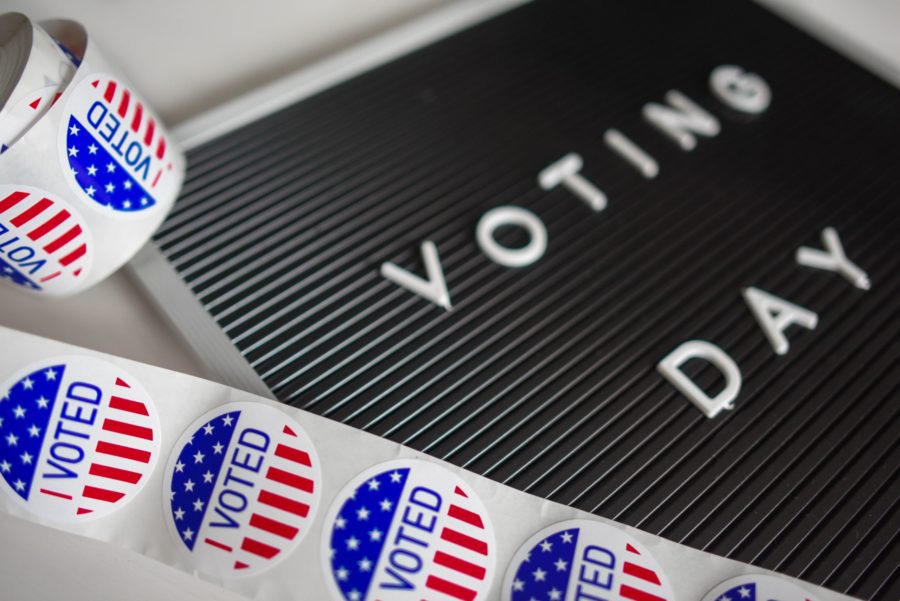As we are slowly creeping up to the 2020 presidential election, the same question always seems to arise: Does your vote actually matter? The short answer is yes, but not directly.
The way our voting system actually works can get muddled with all of the frequent misunderstandings and controversies over it. But, does anyone besides political science and history majors really know? You might have a basic understanding of a candidate’s campaign: win each state. But, that is only half of the equation.
Here is a “for dummies” rundown of how our voting system operates.
Each state has electors. Those electors are delegated to the states by the population of that state. You may have noticed that the 2020 census is underway. This census is what determines how many electors each state receives. A state could have a larger number or smaller number of electors for the next 10 years than the previous 10 years. That is why each household and individual should participate in the census.
Ok, so each state has electors, now what? There are 538 electors across all states. That means to win the electoral vote, a candidate must win equal to or greater than 270 electoral votes. The electoral vote is what determines the presidency.
You may still be wondering, what is this popular vote everyone talks about? The popular vote is what determines which party the electors in that state vote for in Congress. For example, say 100 people vote for the Republican candidate, and 200 people vote for the Democratic candidate. The popular vote has chosen the Democratic candidate. Each elector in that state then puts their vote in for the Democratic candidate. That state is now considered blue. The 12th amendment says that each elector doesn’t necessarily have to use the popular vote to determine their electoral vote. However, the system has a history of not deterring from that.
This is just a basic rendition of how our president is chosen. This is called indirect democracy.
Let us circle back to the important question that no one ever seems to answer. Does your vote really matter?
The answer is yes, it does. The popular vote determines which candidate the electors in your state vote for. Let us say you are that one person who decided not to vote in your state. The Republican party ends up with 99 popular votes and 100 Democratic votes. By not voting that year, the Democrats end up with the popular vote. Each individual vote by a singular person in each state counts towards that popular vote. If you abstain from voting, you could have been that one vote to tip the popular vote in the other direction. Consequently, the electors all vote democratic and that state votes blue.
This is the simplest description of how our system works. The popular vote is, of course, affected by many factors like the population, culture and historical patterns. These factors sometimes allow us to determine which state will vote which candidate. The states where a predetermination is not so easy is called a swing state. And guess what? Ohio happens to be a swing state in most recent elections.
Ultimately, the election system is made up of checks and balances which doesn’t allow for the general population to directly vote for the president. This is to protect from bias and misunderstanding, or lack of knowledge about politics.
Consensus? Go out to the polls, it is written in the Constitution that it’s your right and obligation as an American citizen to exercise your right to have a say. Happy voting!
Featured image by Element5 Digital from Pexels















